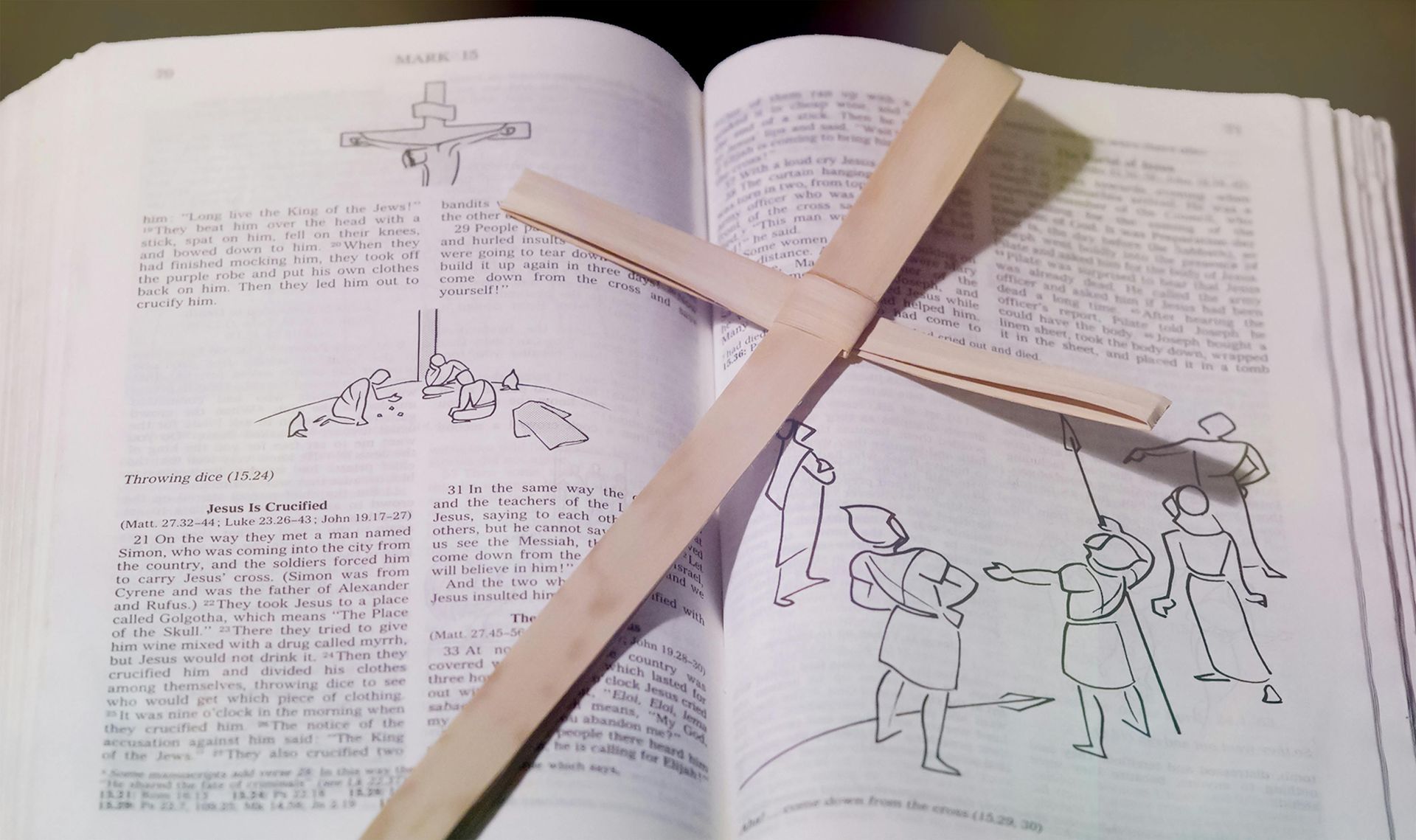Ash Wednesday - March 5, 2025
Ash Wednesday
March 5, 2025
In his book God Bless You, Mr. Rosewater, Kurt Vonnegut tells the story of Mr. Rosewater who decides to give away the family fortune to those who are in need in Rosewater County. At one point a woman who he helped out asks him to baptize her children. He tells his sister about this and she asks him, “What will you say at the baptism?” He responds:
"Hello, babies. Welcome to Earth. It’s hot in the summer and cold in the winter. It’s round and wet and crowded. At the outside, babies, you’ve got about a hundred years here. There’s only one rule that I know of, babies — ‘God damn it, you’ve got to be kind.'”
Sometimes it feels that is what we have lost as a community is the ability to be kind. I would like to suggest that for this season of Lent 2025 we all resolve to be kinder.
Here are three ways we can accomplish this goal. (I need to thank Fr. James Martin for these suggestions.)
First, don't be a jerk. You may be sick, tired, or upset about some minor catastrophe that happened at work or at home. That doesn't mean that you have to pass along your anger or frustration to others. Once I said to a friend, with mock seriousness, “My life is such a cross.” “Really,” he said. “For you or for others?” While it is important to share your struggles with friends, you don't need to make others miserable.
Second, honor the absent. Stop talking about people behind their backs. Few things are as damaging to our spiritual lives as denigrating other people. It's a serious lack of charity, and needless to say, it makes the other person feel terrible if they discover what you said – which they usually do.
Third, give people the benefit of the doubt. St. Ignatius Loyola mentions this at the beginning of his Spiritual Exercises. Whenever there is any doubt about what someone said or did, give them the “plus” sign.
Being kind may be harder to do than giving up chocolate, but it's a lot more helpful to your spiritual life -- and for everyone else's.




